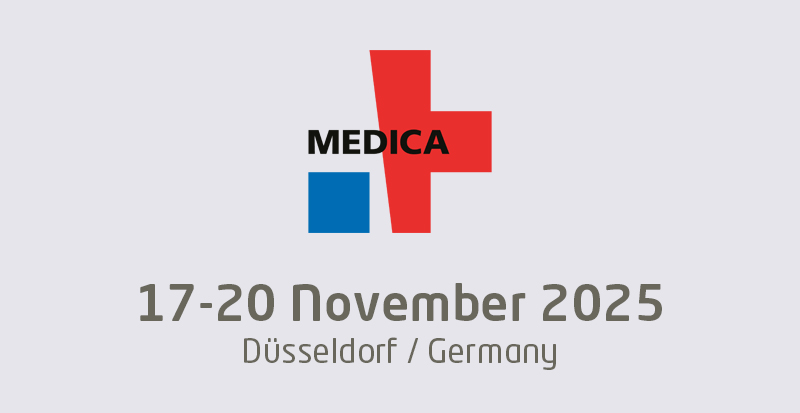Emergency department EMR designs vary widely, with some having problems which can compromise clinician workflow, communication and ultimately, quality and safety of care, according to a new study reported in the Annals of Emergency Medicine, iHealthBeat reports.
The study, which was written by the American College of Emergency Physicians’ work groups on informatics and quality improvement and patient safety, outlines four situations in which EDISs can generate medical errors. According to iHealthBeat, these include:
* Communication failures
* Poor data displays
* Wrong order or wrong patient mistakes
* Alert fatigue
The degree to which these issues emerge in EDs is not consistent, given how widely system functionality varies among EDISs. Factors that lead to this variation include whether the systems were homegrown within the hospital, purchased from a commercial EMR provider or are “best of breed” systems, iHealthBeat reports.
Researchers with the work groups noted there are several factors which hinder efforts to address such issues, including a lack of research on the problems, the lack of a mechanism to collect feedback from users on safety concerns systematically, and provisions within vendor contracts which prevent ED professionals from sharing information on software safety.
To improve the performance of EDISs, the researchers recommend the following, according to iHealthBeat:
- Appointing a “clinician champion” to oversee the EDIS performance improvement process
- Creating an EDIS performance improvement group
- Establishing a review process to monitor ongoing safety issues within EDISs
- Promptly addressing issues that providers, administration and vendors have identified during the review process
- Making public lessons learned concerning performance efforts
- Learning and promptly distributing vendors’ patient safety improvements
- Removing the “hold harmless” and “learned intermediary” clauses from vendor contracts
The work group was particularly emphatic about the need to do away with “hold harmless” and “learned intermediary” provisions in vendor contracts, as such clauses create a lack of accountability among vendors and unreasonably shift liability to clinicians, iHealthBeat notes.
























